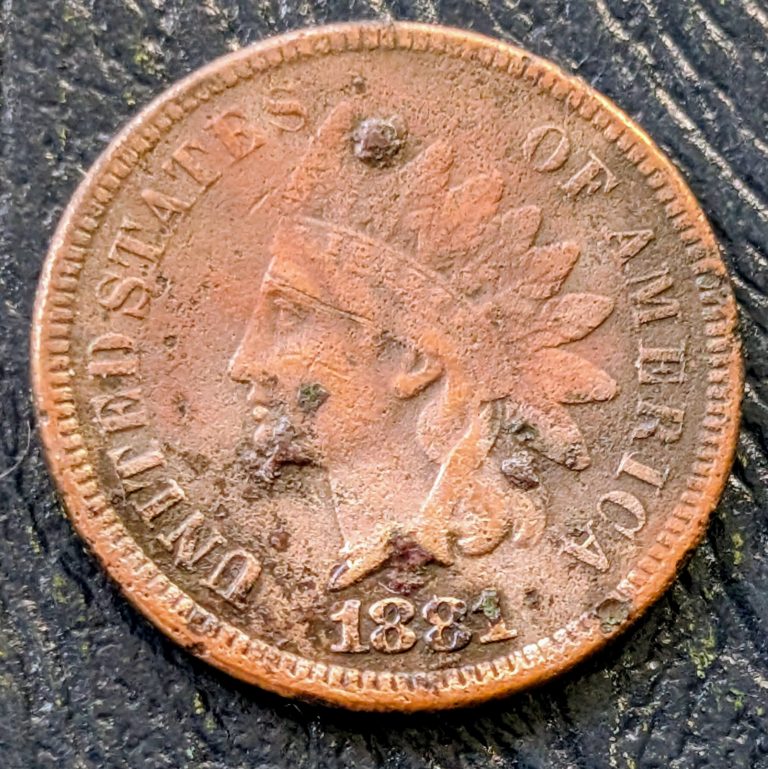Before You Buy That Coin: Know Your Stuff or Keep Your Wallet Closed

One of the fastest ways to lose money in coin collecting is buying something you don’t understand.
There’s no checklist that can replace actual knowledge. If you don’t know what the coin should look like, you won’t know what’s off when you see it. And once the cash is gone, it’s usually gone for good.
This isn’t gatekeeping. It’s just reality.
1. Don’t buy what you don’t know
If you’re not confident in identifying the real thing, don’t reach for your wallet. Screenshot the listing. Look up examples. Ask people who know. Take your time and get familiar.
This hobby rewards patience and punishes shortcuts.
2. Don’t trust someone who’s pushing you to buy
The worst advice often comes from people pretending they know more than they do. That includes sellers who “authenticate” their own coins without credentials, or pressure you to act fast before someone else grabs the deal.
If you’re not sure, walk away. There will always be another coin. No, seriously. Walk away.
What to do instead
If a coin grabs your attention and you’re not sure it’s real, stop for a second. Take a photo and start lining it up against verified examples.
Use CoinFacts, or flip open a solid reference book if you’ve got one. Don’t just check the date and mintmark. Look at the shape of the letters, how the mintmark sits, and the small details that make the design consistent. Coins from the same issue should look nearly identical. If your gut says something’s off, trust it.
Be smart about where you ask for opinions. Forums like Reddit can be helpful, but if the coin’s a real deal, someone else might scoop it up while you’re waiting for replies. A quick reverse image search is all it takes for a lurker to track it down. Ask for second opinions privately or after you’ve made your move.
Slow down. Use your tools. Another coin will come along.
If you don’t have time to check it right, you don’t have time to buy it twice. A fake in your collection isn’t a mistake. It’s tuition for ignoring your instincts. Learn the signs and protect your wallet.
Geoff runs Genuine Cents, a straight talking coin education project built from hands-on experience and hundreds of hours examining coins. He is an ANA member and writes practical guides for new and returning collectors who want clarity instead of hype. If you want to reach him, message him on Instagram at @GenuineCents.

